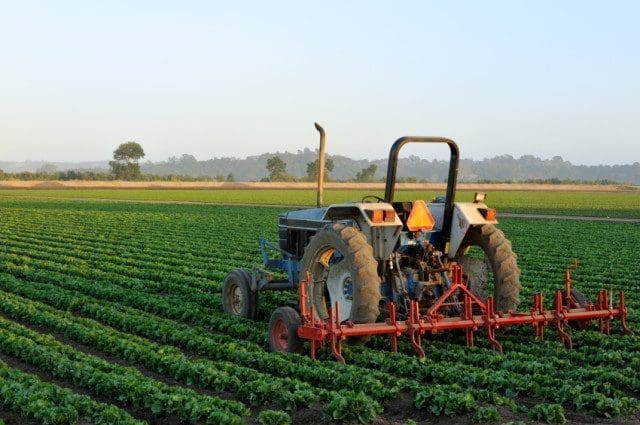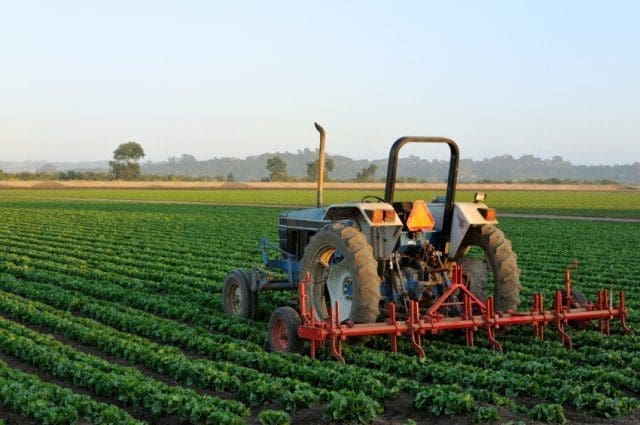
The Chief Executive Officer of the African Agribusiness Consortium (AAC), Dr Adelaide Araba Siaw Agyepong, has challenged agricultural economists and stakeholders to commit to bridging the gap between agricultural research and enterprise development across Ghana and Africa.
Dr Siaw Agyepong made the call while delivering the keynote address at the opening of the 2025 Ghana Association of Agricultural Economists (GAAE) Conference held on Thursday, November 6, 2025, at the Kwame Nkrumah University of Science and Technology (KNUST) Impact Building in Kumasi, Ashanti Region.
The three day conference, themed Transforming Agri Food Systems in Developing Economies Through Sustainable Agribusiness Development, convened policymakers, academics, private sector leaders, and development partners to explore strategies for sustainable agri food transformation in Africa’s developing economies.
Dr Siaw Agyepong emphasized the importance of translating research insights into actionable, enterprise driven solutions that address the continent’s agricultural challenges. She noted that Africa’s challenge has never been a lack of ideas or innovation, adding that the real struggle lies in creating the systems, financing structures, and institutional coordination that turn knowledge into action.
She explained that AAC, founded under the Jospong Group of Companies, was established to champion agribusiness led transformation by linking research outputs with commercial application through innovation, financing, and capacity development. The consortium works to connect agricultural research institutions with commercial enterprises to ensure that scientific breakthroughs translate into market ready products and services.
Dr Siaw Agyepong cited global examples such as Brazil, Thailand, and Argentina as countries whose agricultural progress was built on well funded frameworks connecting research, policy, and industry. She urged Africa to adopt similar long term systems that ensure continuity beyond political cycles, emphasizing that sustainable transformation requires institutional frameworks that outlast individual administrations.
The Minister for Food and Agriculture, Eric Opoku, who attended as Guest of Honour, stressed the centrality of agriculture to Ghana’s economy. He highlighted the sector’s contribution to national gross domestic product (GDP), employment, and rural livelihoods, while outlining government’s focus on policies such as the Feed Ghana Policy and the 24 Hour Economy Policy to enhance productivity and promote agribusiness growth.
Opoku assured attendees that the government is prioritizing climate smart agriculture, efficient water management, and soil health restoration to build a resilient sector. He appealed for stronger collaboration among government institutions, the private sector, investors, development partners, and academia in driving agri food transformation.
The minister described the conference as more than an academic event, calling it a platform for action where decisions made today will shape the food systems of tomorrow. He thanked the GAAE leadership for creating the platform and expressed optimism that engagements from the conference will contribute positively to Ghana’s agricultural growth agenda.
Earlier in his welcome address, the President of GAAE, Professor John K.M. Kuwornu, underlined the relevance of the conference’s theme and its role in shaping Ghana’s agri food future. He noted that transforming agricultural systems requires collaboration across financing, production, processing, logistics, and marketing.
Professor Kuwornu commended participants from over 20 institutions globally for their contribution to the dialogue. He expressed gratitude to AAC for its headline sponsorship and significant financial and institutional support, describing it as a transformative partnership that demonstrates private sector commitment to advancing research driven agribusiness in Africa.
The GAAE president also highlighted new initiatives at this year’s event, including a two day pre conference for graduate students and the introduction of academic awards to promote excellence in agricultural economics research. These additions aim to nurture the next generation of agricultural economists and encourage rigorous scholarly work that informs policy and practice.
The opening day featured panel discussions, technical sessions, and networking forums among researchers, entrepreneurs, and policymakers. Topics covered included sustainable financing mechanisms for smallholder farmers, digital agriculture technologies, climate resilience strategies, and value chain development for key crops.
As headline sponsor, AAC’s presence and advocacy set the tone for a conference focused on collaboration, innovation, and enterprise led solutions for transforming Ghana’s agri food systems. The consortium has previously partnered with institutions including the University of Cape Coast to undertake research aimed at boosting rice, maize, and soybean production in Ghana.
The GAAE, dedicated to promoting agricultural development through research and policy dialogue, organizes annual conferences to address critical issues such as food security, sustainable farming, and rural development. The association brings together experts to drive innovation and influence policy aimed at improving Ghana’s agricultural productivity and economic growth.
Agriculture accounts for approximately 20% of Ghana’s GDP and employs more than 40% of the workforce, making it a crucial sector for national development. However, challenges including limited access to financing, outdated farming practices, climate change impacts, and weak market linkages continue to constrain productivity and profitability.
The conference runs through November 8, 2025, with subsequent days featuring presentations of research papers, policy roundtables, and exhibitions showcasing innovations in agricultural technology, processing equipment, and sustainable farming practices. Participants will also tour selected agricultural projects in the Ashanti Region to observe practical applications of research findings.
